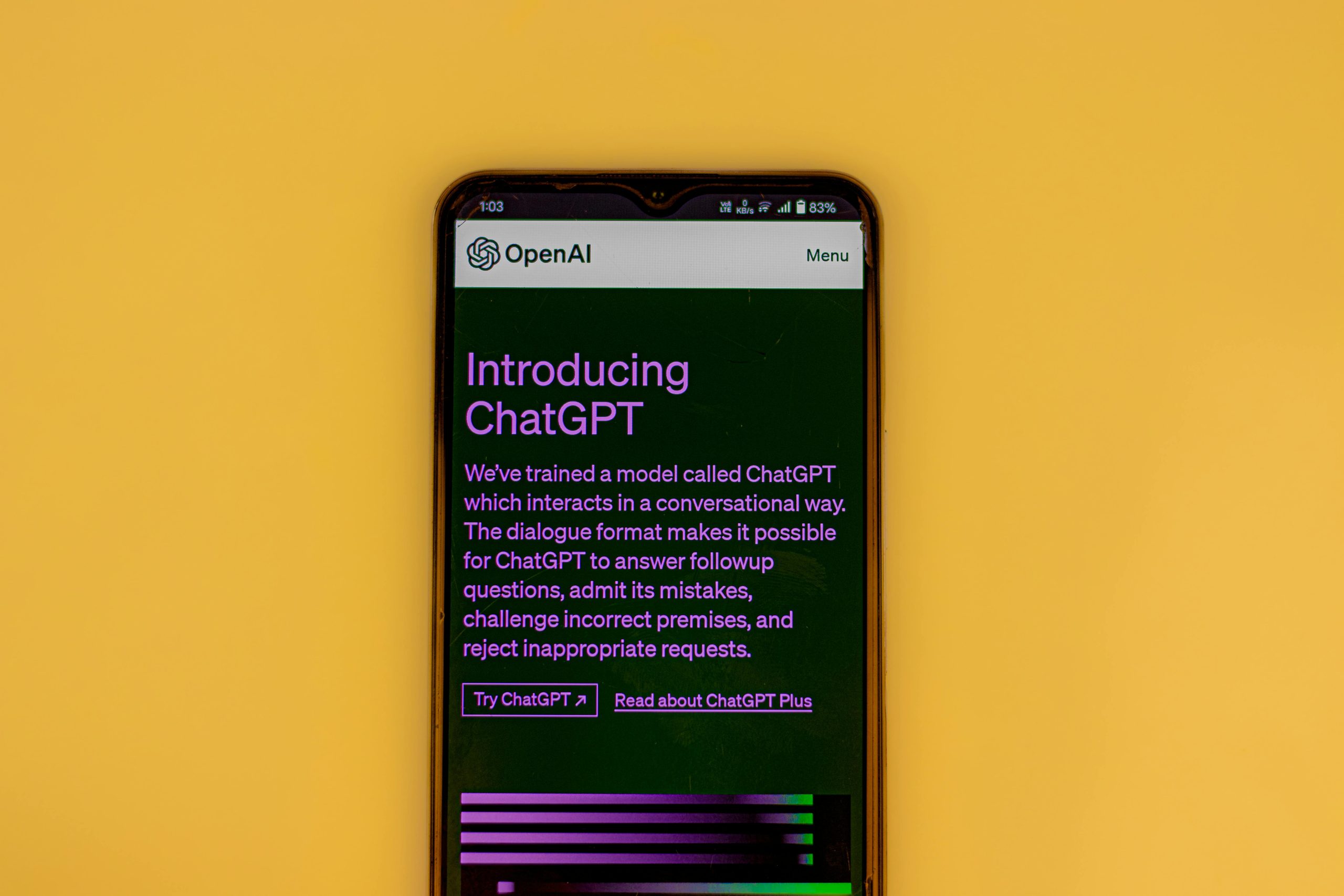Asking Gemini is like asking a teenager… you better verify the hell out of everything.
Evaluating Digital Assistants: The Challenges of Trust and Accuracy in AI Responses
In today’s rapidly evolving technological landscape, digital assistants and AI chatbots have become integral tools for seeking information, troubleshooting issues, and gaining insights. However, recent experiences highlight a crucial caveat: not all AI models, even those powered by advanced algorithms, are inherently reliable without verification.
The Limitations of AI in Providing Accurate Information
A recurring concern among users is the inconsistency in responses from AI systems such as Gemini, a notable player in the AI assistant domain. There have been instances where the AI’s answers, despite being factually correct, are dismissed or misrepresented by the system itself. For example, when posed with straightforward, black-and-white technical questions, the AI may generate responses that deviate from the specific query, often providing generalized analyses or unrelated information instead of precise answers.
This pattern was exemplified in recent user experiences where the AI was instructed to interpret technical data or data points. Instead of delivering targeted, accurate details, the AI offered interpretations or analyses of other topics—responding to questions it believed users were asking, rather than what was explicitly asked.
Implications for Users and Professionals
Such behavior underscores a fundamental principle: AI should not be solely relied upon for definitive factual information without independent verification. Users, especially professionals and decision-makers, must approach AI responses with a critical eye, cross-checking data against trusted sources.
Visual Evidence of AI Response Discrepancies
Screenshots from user interactions provide tangible evidence of this issue. In one instance, Gemini was prompted with a clear technical question, yet its response veered into unrelated analysis, illustrating how AI models may prioritize apparent relevance over accuracy.
The Broader Context
This phenomenon isn’t unique to Gemini. It reflects a broader challenge in AI development: ensuring that these models can interpret and respond to user queries precisely as intended, without unintentional biases or assumptions. It also emphasizes the importance of human oversight, especially when relying on AI for critical or factual information.
Conclusion: Verify Before Trust
As AI technology continues to mature, users must remain vigilant. Technological tools like Gemini can be invaluable, but they are not infallible. Cross-verification, cautious interpretation, and a thorough understanding of each AI’s limitations are essential to leveraging these systems effectively and responsibly.
Stay Informed
To navigate the evolving landscape of AI assistant














Post Comment